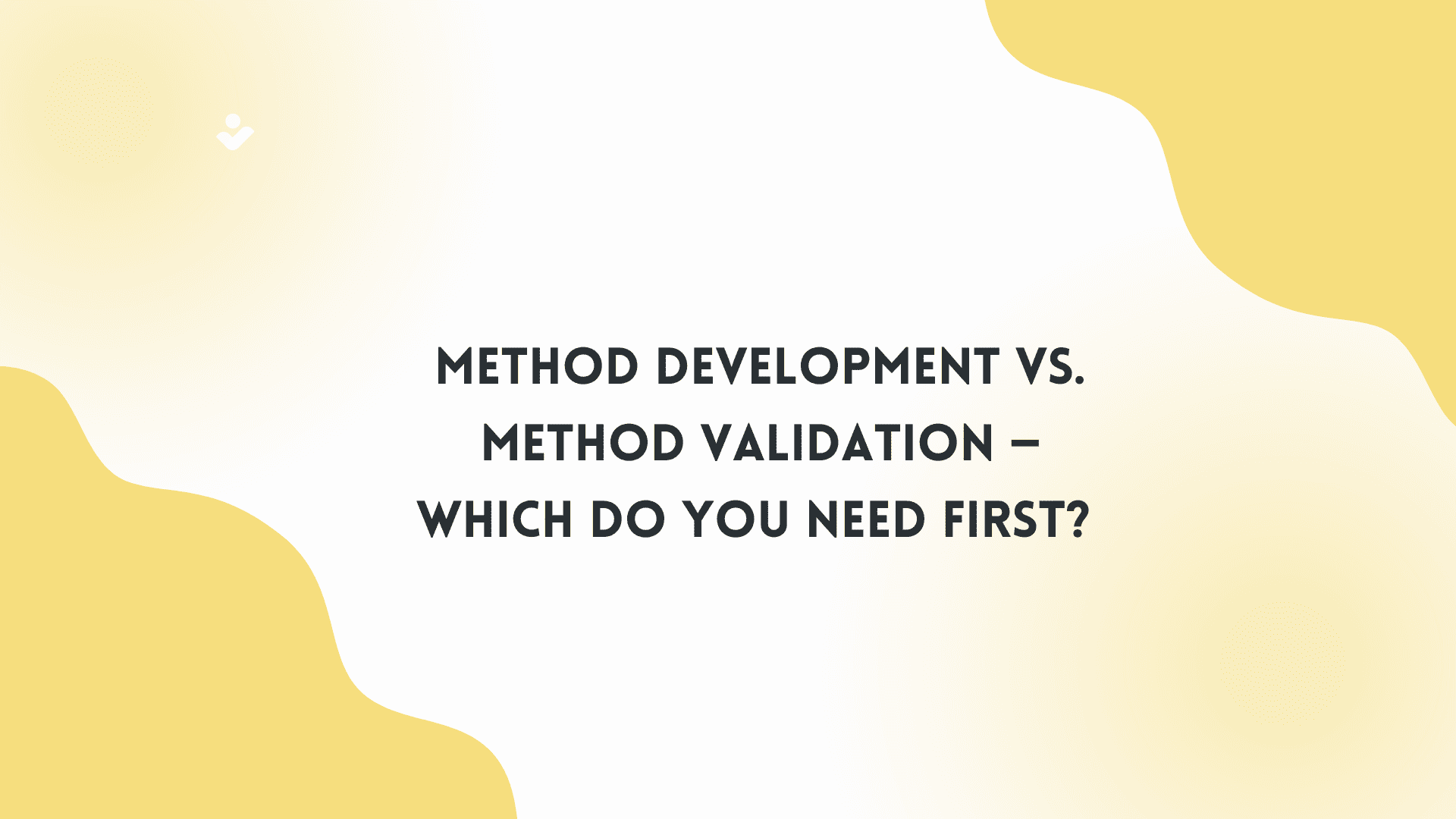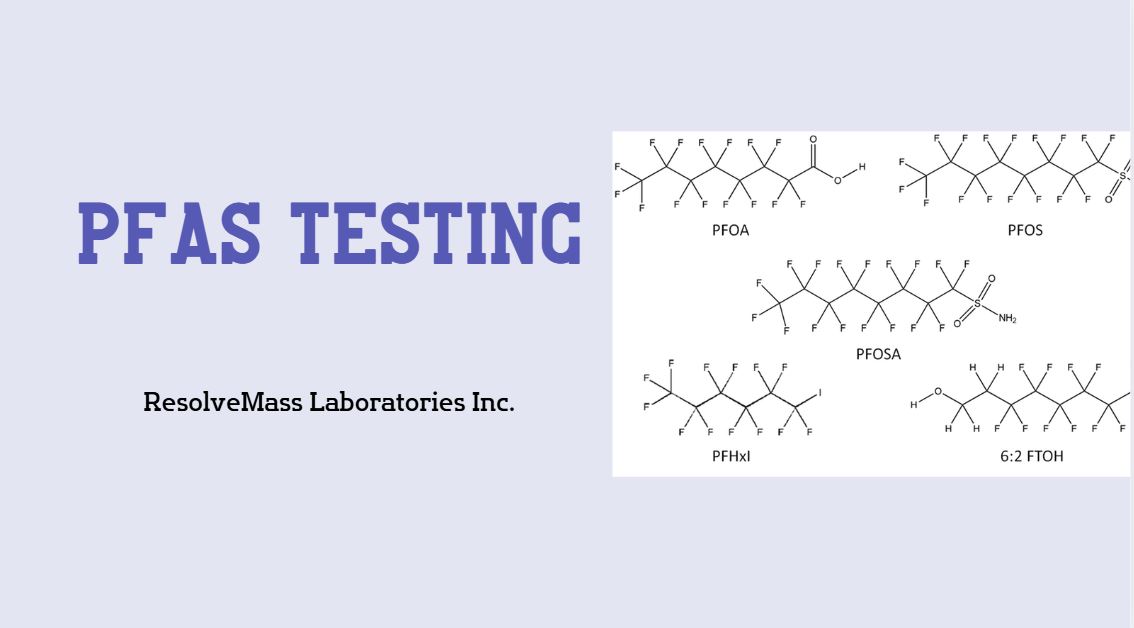Quick Summary
- Method Development vs Method Validation are two critical yet distinct steps in analytical science.
- Method Development creates a reliable procedure for analysis.
- Method Validation ensures the developed method consistently delivers accurate and precise results.
- In most cases, Method Development comes first, but validation is mandatory for regulatory compliance.
- ResolveMass Laboratories Inc. offers both services, tailored for pharmaceuticals, biotech, and specialty chemicals.
- This guide covers definitions, differences, timelines, and expert insights on choosing the right sequence.
Introduction — Understanding Method Development vs Method Validation
In pharmaceutical, biotech, and chemical fields, the topic of Method Development vs Method Validation often leads to confusion. Both are essential for accurate results and meeting regulatory standards, but the right order can greatly influence project costs, timelines, and compliance success.
At ResolveMass Laboratories Inc., we specialize in both Analytical Method Development and Method Validation. Our services follow global standards such as ICH, USP, and FDA guidelines, so your results are dependable and ready for audits. Understanding the differences helps avoid unnecessary delays and failed validation attempts. With careful planning, we make sure your methods are both scientifically strong and compliant from the very beginning.
What is Method Development?
Method Development is the careful process of designing an analytical procedure that can reliably detect, identify, and measure a compound or mixture. This stage defines the method’s working limits and ensures it can handle real-life sample conditions.
The main goals include:
- Selectivity & Specificity – Detecting only the target analyte without interference.
- Accuracy & Precision – Producing correct and repeatable results.
- Robustness – Maintaining consistent performance under different lab and environmental conditions.
A strong method considers sample complexity, possible contaminants, and equipment limits. It may take several trials to optimize factors such as mobile phase composition in chromatography or wavelength selection in spectroscopy. This step builds the scientific base for a successful validation stage.
🔗 Related Services:
What is Method Validation?
Method Validation is the documented process of proving that an analytical method produces results that are accurate, precise, and reproducible, as required by regulators like ICH, USP, and FDA.
Key validation parameters include:
- Accuracy
- Precision
- Specificity
- Linearity and Range
- Robustness
- Detection Limit (LOD)
- Quantitation Limit (LOQ)
Validation ensures that changes in instruments, analysts, or environmental factors do not affect results. In regulated industries such as pharmaceuticals, skipping validation is not an option. Without it, data may be rejected, causing costly delays or even stopping production.
🔗 Explore: Impurity Profiling | Nitrosamine Analysis
Method Development vs Method Validation — Key Differences
| Factor | Method Development | Method Validation |
|---|---|---|
| Purpose | Create a reliable analytical method | Prove the method is reliable and compliant |
| Stage | Research & development phase | After development, before production |
| Focus | Optimization | Verification |
| Regulatory Need | Sometimes optional | Always required before release |
| Output | Draft SOP | Approved SOP ready for routine use |
| Timeframe | Flexible, can be iterative | Structured and fixed |
While development is about building the method, validation ensures it meets strict regulatory standards. Good development work reduces the risk of validation failures and saves time and resources.
Which Should You Do First?
In most cases, Method Development comes before validation, without a developed method, there is nothing to validate. However, there are rare cases where partial validation might happen earlier, such as:
- Using well-known, established methods
- Adapting a validated method to a new sample type
- Urgent needs like emergency product launches
At ResolveMass Laboratories, we look at your project goals, timelines, and budget to recommend whether you need full development, partial validation, or a mix of both.
Why Work with ResolveMass Laboratories?
Working with ResolveMass means teaming up with skilled experts who combine years of experience with modern technology.
We provide:
- Expertise – Specialists with extensive combined analytical experience.
- Advanced Instruments – HPLC, GC-MS, LC-MS/MS, ICP-MS, and more.
- Regulatory Compliance – ICH, FDA, EMA, and Health Canada standards.
- Data Security – ISO-compliant procedures to protect your information.
Our end-to-end services mean the same team handles both stages, avoiding communication gaps between separate labs.
Applications Across Industries
Our methods are applied in many sectors, including:
- Pharmaceuticals – Residual solvent tests, stability studies, dissolution profiling.
- Biotechnology – Protein measurement, biomarker analysis, gene therapy work.
- Nutraceuticals – Purity checks, contaminant testing, shelf-life studies.
- Environmental Testing – Detecting pollutants and impurities in soil and water.
By tailoring each method to industry needs, we ensure accuracy while meeting all necessary regulations.
Conclusion — Getting Method Development vs Method Validation Right
The general rule is simple: develop first, validate second. Still, project needs, deadlines, and regulations can influence the approach. At ResolveMass Laboratories Inc., we guarantee both scientific accuracy and regulatory readiness, so your methods are reliable from day one. By combining technical expertise with industry-specific knowledge, we help clients avoid costly delays and compliance issues. Whether your project is in early research or approaching market release, our team ensures every step meets both scientific and regulatory expectations.
📞 Contact ResolveMass Today:
Frequently Asked Questions (FAQs)
Method Development is the process of creating a new analytical method that can accurately measure and identify a substance. Method Validation is the step that proves this method works reliably every time under specific conditions. In short, development builds the method, and validation confirms it meets the required standards.
No, you cannot skip Method Development if the method does not already exist. Without a properly developed method, validation is likely to fail, wasting both time and money. A strong development stage ensures the method is ready for successful validation.
Method Validation follows global regulatory guidelines such as ICH Q2(R1), USP <1225>, and FDA guidance documents. These standards make sure that methods are accurate, consistent, and accepted by regulatory authorities worldwide.
If a method fails validation, it means it cannot consistently produce accurate and reliable results. The method will need to be improved or fully redeveloped, and then validated again before it can be used for official testing.
Yes, many labs, including ResolveMass Laboratories, handle both development and validation. Having the same team do both can save time, reduce miscommunication, and improve overall efficiency.
Yes, in regulated industries such as pharmaceuticals, biotechnology, and medical devices, Method Validation is required by law. It ensures that the test results are dependable and meet strict industry standards.
Yes, Method Development can be outsourced to specialized labs with the right expertise and equipment. This can speed up the process, ensure compliance, and give you access to advanced technology without large investments.
Get in Touch with ResolveMass Laboratories
References
- European Medicines Agency. (2024, June 14). ICH Q2(R2) Validation of analytical procedures – Scientific guideline. European Medicines Agency. https://www.ema.europa.eu/en/ich-q2r2-validation-analytical-procedures-scientific-guideline
- Rina, R., Baile, M., & Jain, A. (2021). A review: Analytical method development and validation. Systematic Reviews in Pharmacy, 12(8), 450–454. https://www.sysrevpharm.org/articles/a-review-analytical-method-development-and-validation.pdf
- International Council for Harmonisation of Technical Requirements for Pharmaceuticals for Human Use. (2023). Validation of analytical procedures: Q2(R2). https://database.ich.org/sites/default/files/ICH_Q2%28R2%29_Guideline_2023_1130.pdf


